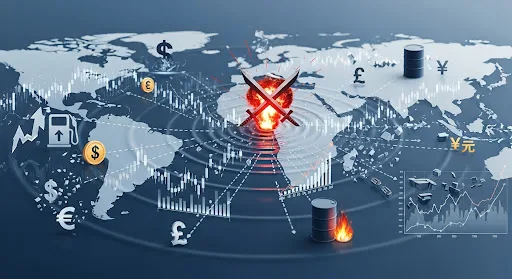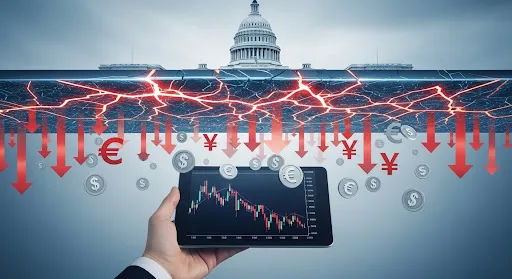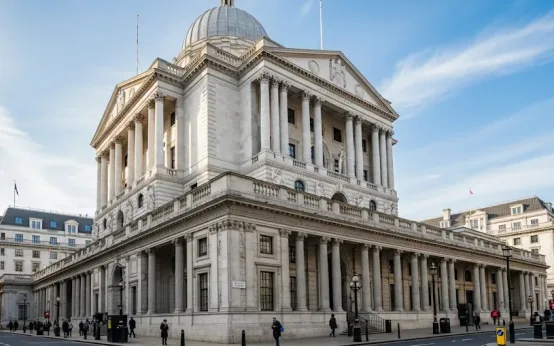The BRICS economic bloc, traditionally comprising Brazil, Russia, India, China, and South Africa, has undergone a monumental shift. The recent expansion to include new member states such as Egypt, Ethiopia, Iran, Saudi Arabia, and the UAE has fundamentally altered its size and geopolitical weight. For UK residents, this development is not a distant political event; it’s a major change with the potential to reshape global trade, influence commodity prices, and affect the value of investments in pensions and ISAs. This article will delve into the details of the BRICS expansion, analysing the motivations behind it, its potential impact on global trade, and the crucial implications for the UK economy.
What is BRICS and Why Did It Expand?
The BRICS group was originally formed to represent the interests of the world’s leading emerging economies. The group’s expansion was driven by a shared desire among its members to create a more multi-polar world, challenging the dominance of Western-led institutions like the G7. The new members, strategically chosen for their economic and geopolitical significance, bring with them a greater share of the world’s population, GDP, and, crucially, a significant portion of the world’s oil reserves.
The expansion is a clear signal of the group’s ambition to create a new economic and political order. By bringing in major oil-producing nations like Saudi Arabia and the UAE, BRICS has significantly increased its leverage in global energy markets. This move is designed to create a more influential trade bloc that can operate outside the traditional Western financial systems and, in doing so, create a new paradigm for global trade.
The Push for a New Reserve Currency
One of the most talked-about ambitions of the BRICS nations is their desire to reduce their reliance on the U.S. dollar. The dollar’s status as the world’s reserve currency gives the U.S. immense economic power, and its use in international trade and finance is a major source of friction for many countries. The BRICS nations are actively exploring the creation of a new, common reserve currency or, more realistically, a move towards conducting more trade in their own local currencies.
For the UK, this is a significant development. If a significant portion of global trade were to move away from the U.S. dollar, it could create a period of immense volatility in the global financial markets. It could also influence the value of the pound sterling, which is closely linked to the U.S. dollar. The Bank of England would have to carefully navigate this new landscape, and it could lead to a fundamental shift in how the UK conducts its international trade and manages its financial stability.
The New Trade Bloc: Opportunities and Challenges
The expanded BRICS group now represents a major new force in global trade. It brings together countries with a vast array of resources, from Brazil’s agricultural output to Saudi Arabia’s oil and China’s manufacturing power. This creates a powerful new trade bloc that could offer both opportunities and challenges for the UK.
On the one hand, it could create new trade opportunities for UK businesses. The new members, with their growing economies and rising populations, represent new markets for British goods and services. A UK company could find a new, growing market in a country like the UAE or Egypt, which could be a significant boost to its exports. On the other hand, the new trade bloc could create a more protectionist environment, making it more difficult for UK firms to compete in these markets. This is a key factor for the UK government to consider in its future trade negotiations.
Impact on UK Investment and Commodities
The actions of the BRICS nations can have a tangible impact on UK investors. A move towards trading oil in local currencies, for instance, could reduce the demand for the U.S. dollar and, in turn, affect the global economy. For a UK pension fund or ISA holder, this could impact the value of their investments, particularly if their portfolio is overly exposed to U.S. dollar-denominated assets.
Furthermore, the new trade bloc, with its increased leverage in global commodity markets, could have a direct impact on prices. For example, a decision by the new BRICS members to limit the supply of a key commodity could cause a price spike, which would be felt by UK businesses and consumers in the form of higher prices. This is a new and powerful force that UK investors need to be aware of.
Geopolitical Influence and Global Governance
The BRICS expansion is not just about economics; it’s also about a new balance of power in global politics. The expanded group is a clear attempt to challenge the dominance of Western-led institutions like the World Bank and the International Monetary Fund (IMF). It could lead to the creation of new, parallel institutions that are more aligned with the interests of the Global South.
For the UK, this is a significant development. The UK is a member of the G7, and it has a long history of being a key player in these Western-led institutions. The rise of a new, powerful bloc could challenge the UK’s influence in global governance and force a new approach to foreign policy. The world is becoming more multi-polar, and the UK will have to adapt to this new reality.
The Verdict: A New Era of Global Trade
The BRICS expansion is a major new development in the global economy, and its potential to transform global trade is immense. It is a clear signal that the world is moving away from a single, U.S.-centric system towards a more multi-polar one. For UK residents, this is not just a distant event; it is a force that will influence our investments, our pensions, and the prices we pay for goods.
Your next practical step should be to review your investment portfolio to understand your level of exposure to global markets. Consider speaking with an independent financial adviser to ensure your portfolio is well-diversified and positioned to handle this new reality. Staying informed about these global economic shifts is a crucial part of being a savvy investor in the modern world.

 Impact of the Ukraine-Russia War on Global Markets Today
Impact of the Ukraine-Russia War on Global Markets Today  How the U.S. Debt Ceiling Crisis Impacts Investors
How the U.S. Debt Ceiling Crisis Impacts Investors  How the Bank of England Interest Rate Affects You
How the Bank of England Interest Rate Affects You